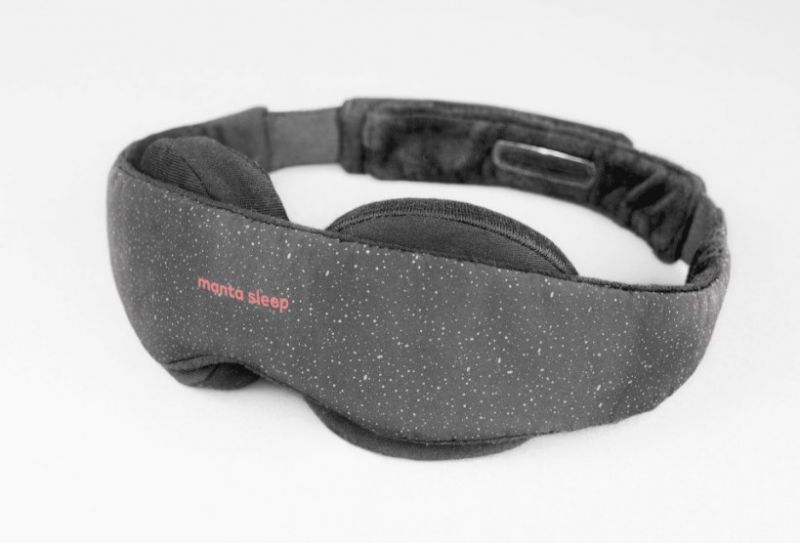Top 4 Ways to Fight Insomnia While Traveling

You spend the night tossing and turning or just lying awake and staring at the ceiling. Insomnia is a real problem that a lot of people experience when they’re traveling. It can happen for many reasons, such as time differences (you’re visiting an area that is ahead of your normal time zone), excitement, nerves, and changes to your normal routine are just some of the reasons why insomnia can hit when you’re on the road.
If you are having a tough time falling asleep while you’re traveling, there’s no doubt that it’s going to affect your entire trip. You’ll feel groggy, grouchy, listless, and just completely unmotivated to do anything; all things that can turn your trip into a real bummer of an experience.
If you’re prone to travel insomnia, there are ways that you can beat it. Try the following tips to help you sink into a blissful night of sleep when you’re on the road so you can wake up feeling more refreshed.
Pack for Sleep
It might sound weird, but making sure you bring along things that can help you fall asleep can be an effective way to beat travel insomnia. For example, if you are going to be flying, taking a sleeping eye mask on a plane can eliminate distracting light and help you fall asleep easier so you can stay on your normal sleeping schedule when you arrive at your destination. Earplugs are another great tool that can help you fall asleep and stay asleep when you’re on the road. Take along a sweater or a small blanket to keep yourself warm and cozy when you’re traveling so you can drift off to sleep easier.
Keep these items close at hand so you can easily access them, get some shuteye when you need it, and avoid insomnia during your trip.
Prepare in Advance
Jet lag is one of the biggest causes of travel insomnia. It makes sense, too. If you’re visiting a place that is 6 hours ahead of your normal time zone, it’s obviously going to be hard to fall asleep when you reach your destination.
To avoid jetlag and the insomnia it can cause, prepare yourself for the time difference before you leave. For example, if you live in New York and you’re traveling to France, you’ll be about 6 hours ahead of your normal time. Work on prepping yourself for the difference about a week or two before your trip. Start going to bed earlier and waking up earlier. You’ll have an easier time getting acclimated to the time difference when you arrive – and you’ll avoid insomnia.
Watch Your Caffeine Intake
It’s tempting to grab a cup of coffee or another caffeinated beverage when you’re feeling sluggish. But, while caffeine can give you the pick-me-up you need, it can also impact your sleep at night. Avoid drinking coffee, tea, soda, or anything else that contains caffeine later in the afternoon and evening. If you don’t, there’s a pretty good chance you are going to spend the night tossing and turning.
Stay Awake
When you’re jetlagged, you’re probably going to want to jump right in bed when you reach your hotel. However, doing so can throw your entire schedule off and you’ll have a super hard time getting adjusted to the time zone you are visiting – which can result in insomnia at night. Avoid the temptation to take a nap; instead, keep on pushing yourself until it’s an acceptable time to go to bed. You’ll drift right off when you do hit the sack and wake up at a normal hour, too.